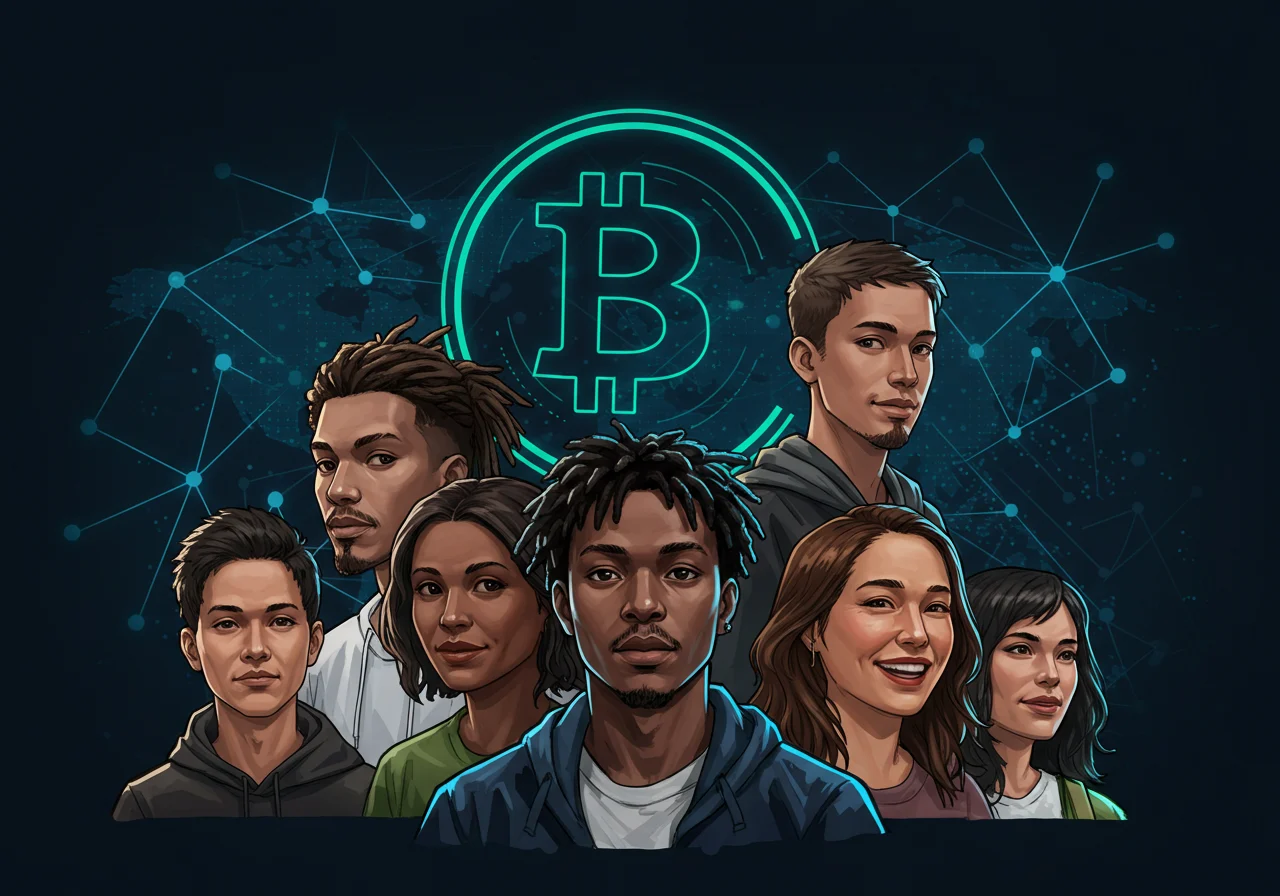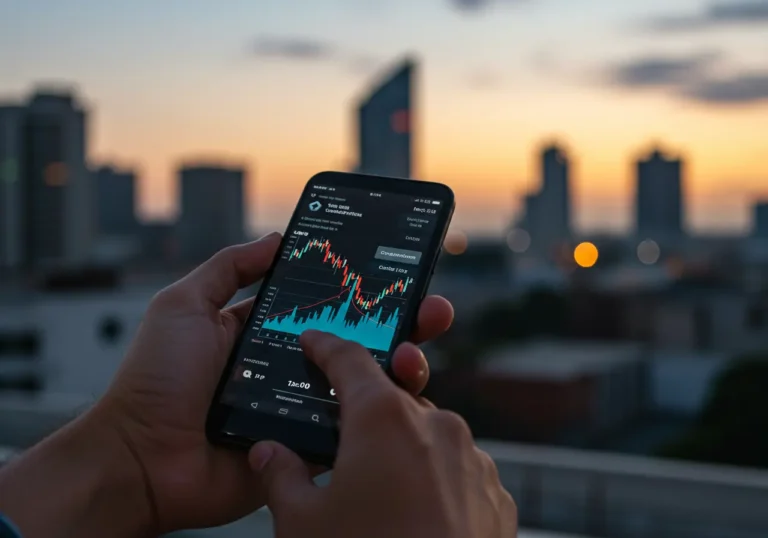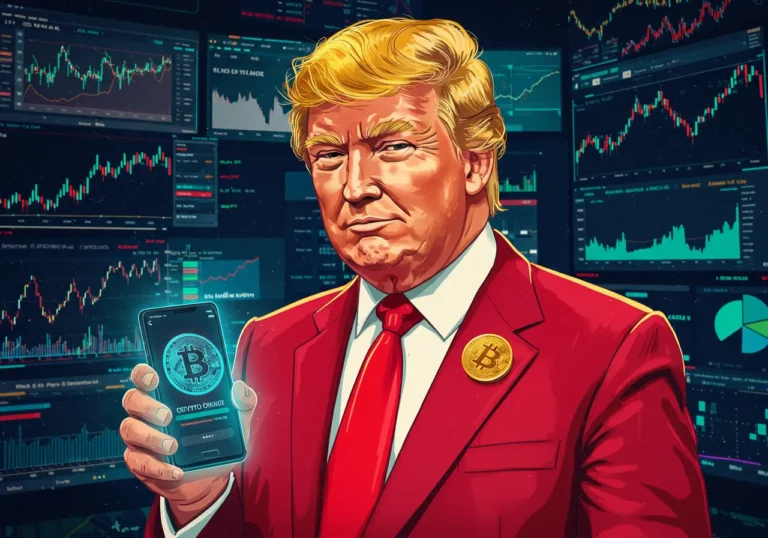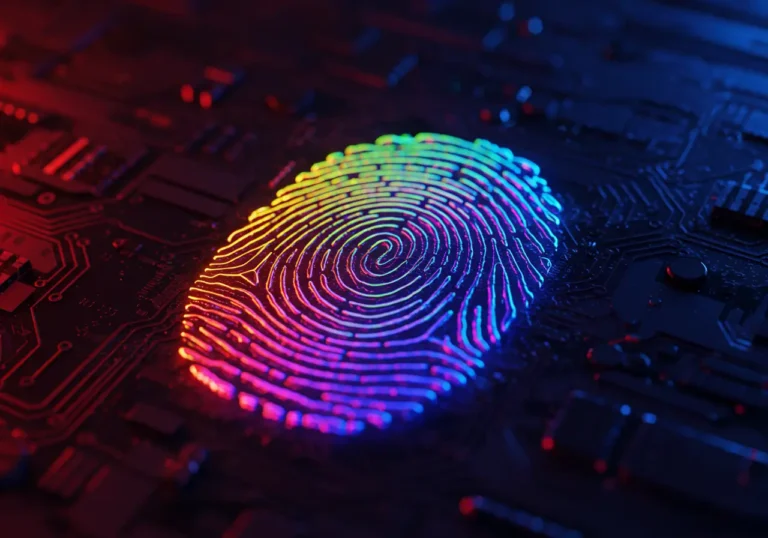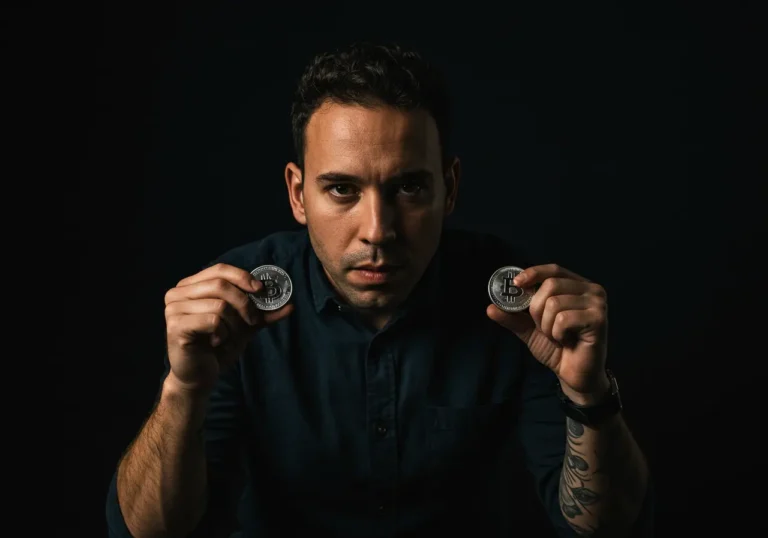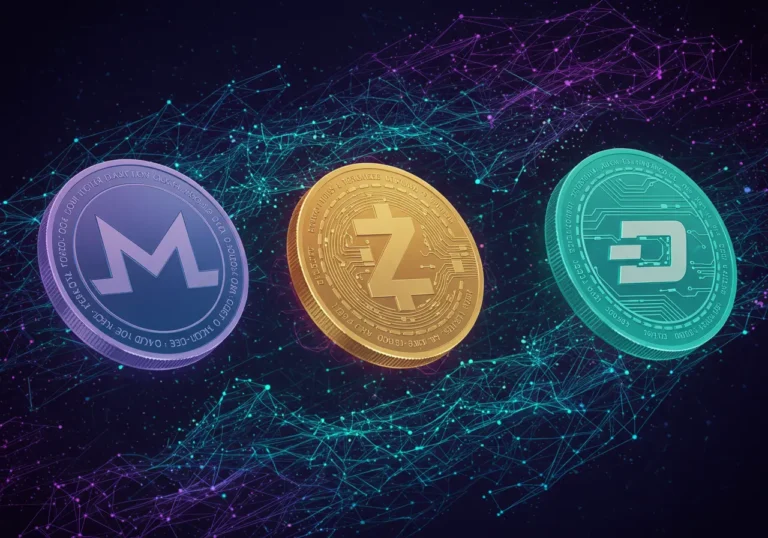The Bitcoin Community: Why Is Bitcoin More Than Just a Currency?
The Bitcoin Community is the group of people who use, study, build, and advocate for Bitcoin. This group includes coders, miners, artists, small business owners, and people who want a fairer financial system. It also includes folks who simply like the idea of owning money that no single person controls. The community shapes Bitcoin’s rules, tools, and culture. It helps Bitcoin be more than a way to pay.
Values that hold people together
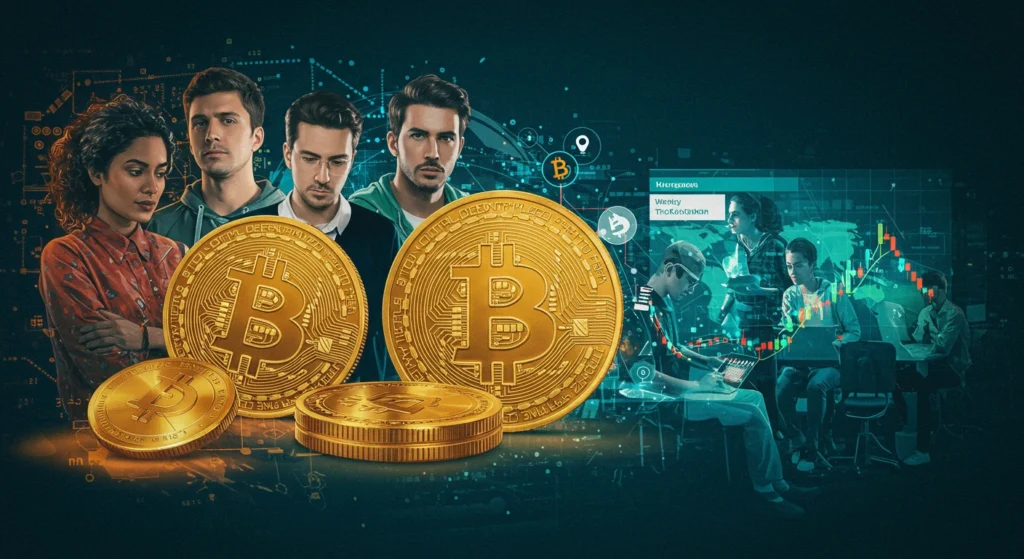
People join the Bitcoin community for many reasons. Some care about privacy. Some want to avoid traditional banks. Some like the technical challenge. Many share a few common values that help the community act like a team.
Shared values
- Open access: Many in the community believe anyone should be able to participate without permission.
- Transparency: The rules are public and visible on the blockchain. That builds trust.
- Censorship resistance: People value a system where payments cannot easily be blocked by a single company or government.
- Sovereignty: Owning your money and keys matters. It gives people control over their own finances.
These shared ideas create a culture. The culture grows through conversations in forums, conferences, and meetups. It grows when someone writes a how-to article or builds a tool that others can use. Small acts—like helping a neighbor recover a wallet or explaining a concept patiently—keep the community healthy.
People who build: developers, miners, and volunteers
Bitcoin’s software, wallets, and tools are built by people. Some are paid. Many volunteer their time because they believe in the project.
Developers
Developers write the code that makes Bitcoin work. They add improvements and fix problems. Their work is reviewed by others. That keeps the system safe. People in the community discuss proposals and vote with their time, software, or mining power.
Miners
Miners run hardware that secures the Bitcoin network. They do the heavy lifting that keeps the ledger honest. Miners can be large companies or individuals with small rigs. Their incentives are economic, but their work supports the whole ecosystem.
Volunteers and educators
Not everyone wants to code or mine. Many people like me contribute by teaching others, hosting meetups, writing guides, or translating material into other languages. These helpers make Bitcoin more accessible. They are often the reason a new person feels welcome.
Tools that matter: wallets, nodes, and open-source software
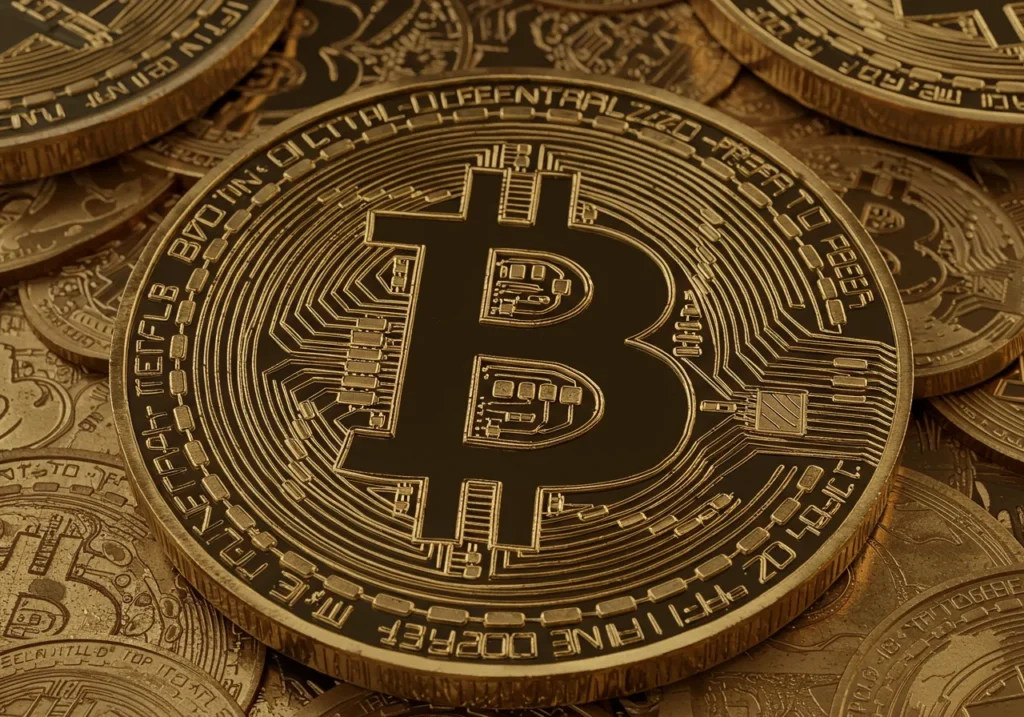
Tools are how ideas become useful. The Bitcoin community builds many of the tools people use every day.
Wallets
A wallet is where you keep your Bitcoin keys. There are simple wallets for beginners and advanced ones for power users. Wallets let people control their money and choose their level of privacy and security.
Nodes
A node is a piece of software that downloads and checks the entire blockchain. Running a node is one of the purest ways to support the network. Each node helps keep the system decentralized and independent.
Open-source projects
Open-source means anyone can read and improve the code. Bitcoin’s major projects are open-source. That way, the community can inspect the software and suggest fixes. This transparency builds trust and allows many people to contribute.
The community as a teacher: education and onboarding
Bitcoin can feel confusing. The community plays a big role in teaching new users. Simple explanations, short videos, and meetups make a difference.
- Local meetups let people ask questions in person.
- Online forums and guides help people learn on their own time.
- Podcasts and videos explain ideas with stories and examples.
Teaching is patient work. The people who teach help Bitcoin grow from a technical experiment into a tool anyone can use. They reduce fear, correct myths, and share safe habits.
Culture and values: not everybody agrees, and that is okay
The Bitcoin community is diverse. People have different priorities. Some want fast changes. Others prefer slow, careful updates. These disagreements are normal and healthy. They help the project avoid mistakes.
Disagreements lead to debate. The community sometimes splits into different groups. Those splits can create new projects or different ideas about how to use Bitcoin. This tension keeps the system flexible. It is one reason Bitcoin continues to evolve.
Real-world impact: charity, business, and humanitarian uses
Bitcoin’s community does more than talk. People use Bitcoin for practical work that helps others.
Charities and aid
Some charities accept Bitcoin donations. In emergency zones, Bitcoin can provide fast access to funds when banks are offline. That can help families buy food or medicine quickly.
Small business support
Small stores and online sellers accept Bitcoin because it can be cheaper or easier to handle than some payment methods. For some businesses, Bitcoin offers a global audience and control over fees.
Financial inclusion
In places with unstable local currencies or limited banking, Bitcoin can be a lifeline. People can store value or send money across borders. The community builds tools in local languages and helps people learn how to use them safely.
The social layer: meetups, conferences, and friendships
Beyond tech and money, Bitcoin is social. Meetups and conferences bring people together. They build friendships. Stories are shared. Partnerships form. People who once met online find each other in the real world.
This social aspect matters. When people meet, they exchange not just ideas but trust. Trust lets volunteers work together. It helps developers coordinate. Trust creates a network that supports growth.
How Bitcoin’s community shapes policy and standards
Even though Bitcoin aims to be independent, it cannot ignore laws and rules. The community engages with regulators, writes recommendations, and helps build standards.
Some community members work with lawmakers to explain how Bitcoin works. Others help companies comply with rules while preserving user choices. These efforts reduce friction and help mainstream adoption without losing core values.
Challenges the community faces
No group is perfect. The Bitcoin community faces real challenges.
Misinformation
Wrong claims spread fast online. Educators must correct falsehoods. That takes time and care.
Security risks
Scams and hacks target newcomers. The community fights them with guides, warnings, and safer tools.
Centralization risks
Large companies can dominate key parts of the ecosystem. The community watches for concentration of power and encourages diverse participation.
Environmental concerns
Mining uses energy. The community works on solutions and highlights renewable energy projects to reduce harm.
Each challenge invites a response. The community adapts and grows stronger when it meets problems openly.
Why Bitcoin is more than a currency: a summary
Bitcoin is money. But it is also a social experiment. It is a network of people building tools, teaching others, and shaping a vision of financial freedom. The community brings values into practice. These human choices turn code into a living project.
When you buy, build, or teach about Bitcoin, you join a larger circle. You become part of the ways people solve problems, share ideas, and support one another. That is why Bitcoin is more than a currency. It is a community.
Final thoughts: a friendly invitation
If you are curious, start small. Read a short guide. Attend a local talk. Ask questions. The Bitcoin community welcomes thoughtful people with open minds. It’s not about getting rich fast. It’s about learning, building, and being part of something that mixes technology with human values.
Being part of a community changes how you see the world. It makes ideas practical. It turns code into a tool for people. And that is why The Bitcoin Community is truly more than a currency.
Key takeaways
- The Bitcoin Community is a broad mix of people who build, teach, and use Bitcoin.
- Shared values—like openness and financial sovereignty—shape community actions.
- Developers, miners, and volunteers create the software and support systems.
- Tools such as wallets and nodes make Bitcoin useful and secure.
- Education and meetups help onboard new users.
- The community tackles challenges like scams, misinformation, and environmental concerns.
- Bitcoin’s real strength comes from people, not only from code or price.
FAQ
Q: Is the Bitcoin community the same worldwide?
A: No. It is global and diverse. Local cultures, languages, and needs shape different groups. But many share core values like openness and control over funds.
Q: Can I join the Bitcoin community even if I am not technical?
A: Absolutely. Teaching, translating, hosting meetups, or helping others learn are all welcome ways to contribute.
Q: Does the community control Bitcoin?
A: No single group controls Bitcoin. The system is decentralized. The community influences development through discussion, participation, and running software or nodes.
Q: Are meetups safe?
A: Most meetups are friendly and educational. Use common sense—meet in public places and check hosts’ reputations before attending for the first time.
Q: How can I learn more without risking money?
A: Start with free resources: beginner guides, podcasts, and local talks. Try small experiments with tiny amounts if you want hands-on experience.
Table of Contents

Hello, I’m Edmilson Dias, founder of CoinBringer. I created this platform to guide people through the fast-moving world of cryptocurrency with clarity and safety. With years of research in blockchain and digital security, my goal is to translate complex topics into practical knowledge, offering reliable tutorials, safety insights, and guidance for both newcomers and experienced users.
Discover more from CoinBringer
Subscribe to get the latest posts sent to your email.

